Keywords: Australian History
There are more than 200 results, only the first 200 are displayed here.
-
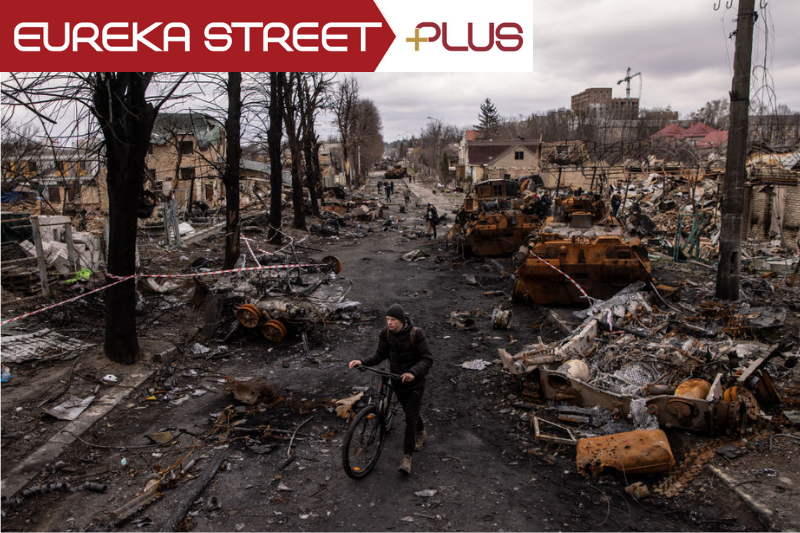
INTERNATIONAL
- Andrew Hamilton, David Halliday, Michele Frankeni, Stewart Braun
- 19 May 2022
5 Comments
We are now three months into the Ukraine war. From an invasion it has turned into a war of attrition that has cost many lives, displaced civilians, destroyed cities, and led to sanctions and the making of alliances with effects that have spread suffering far beyond Ukraine. In this Roundtable, Andrew Hamilton SJ, David Halliday, Michele Frankeni and Dr Stewart Braun explore the ethics of the war and likely paths to peace.
READ MORE 
-
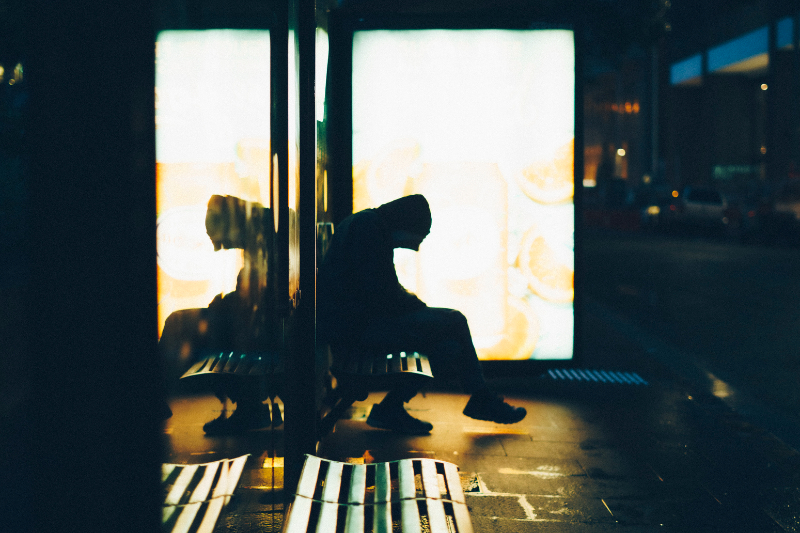
AUSTRALIA
- Sally Parnell
- 18 May 2022
3 Comments
When millions of Australians look back on this Federal Election campaign, they will recall it as one dominated by ‘gotcha’ moments and scare campaigns. Personal attacks, loud and in-your-face advertising campaigns and so-called missteps by politicians have provided countless hours of talkback content. Regrettably, this has taken the focus of too many away from nuanced conversations about the kind of society in which we want to live, and the policies and vision needed to take us there.
READ MORE 
-
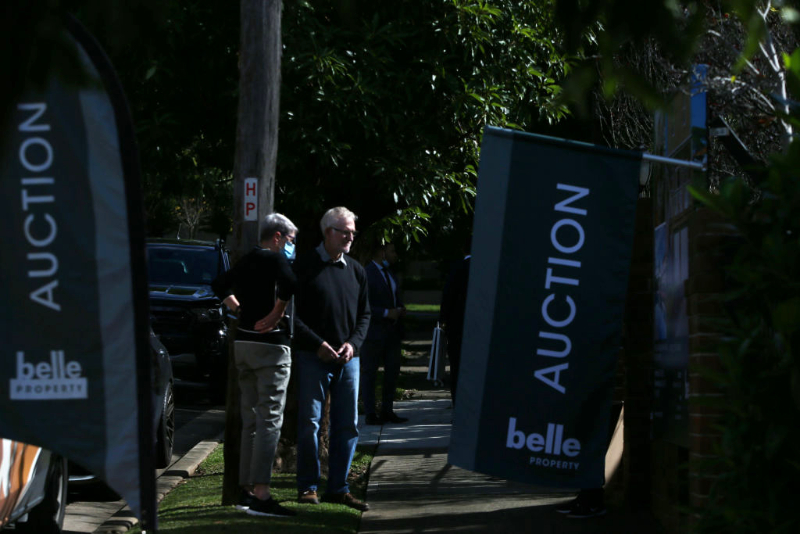
ECONOMICS
In purely economic terms, the upcoming Federal election is extremely unusual. The shut down of the Australian economy for almost two years because of health measures really has no precedent in our history. Only war can produce that type of shock. The Federal government’s financial response was as extreme as the state of emergency measures, including a sharp increase in Australian government debt. It remains to be seen, however, if the government gets much credit for injecting so much free money into the economy. It is unlikely.
READ MORE 
-
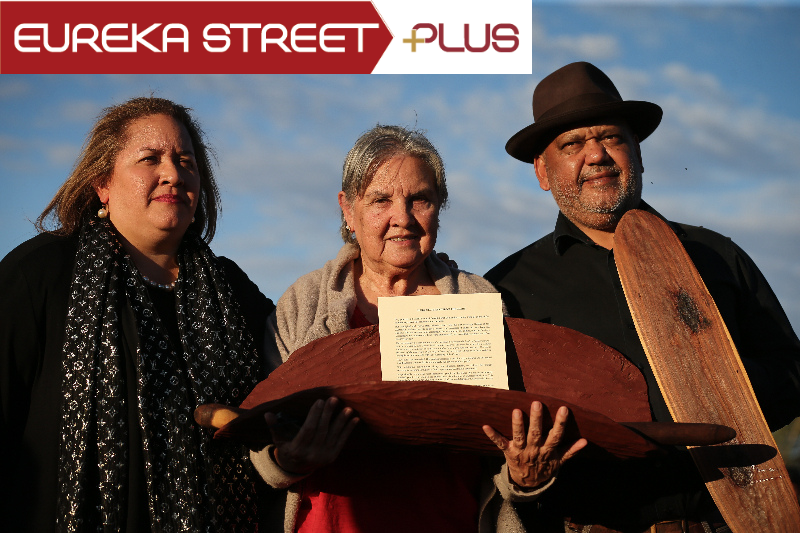
AUSTRALIA
- Frank Brennan
- 06 May 2022
5 Comments
Whoever is Prime Minister after the election on May 21, he will need to address the question of Indigenous recognition in the Australian Constitution. This is the sixth election in a row when the question has been a live, unresolved issue during the election campaign. The patience of Indigenous leaders is understandably wearing thin. Trust is waning. There is still no clear path ahead. So where to from here?
READ MORE 
-
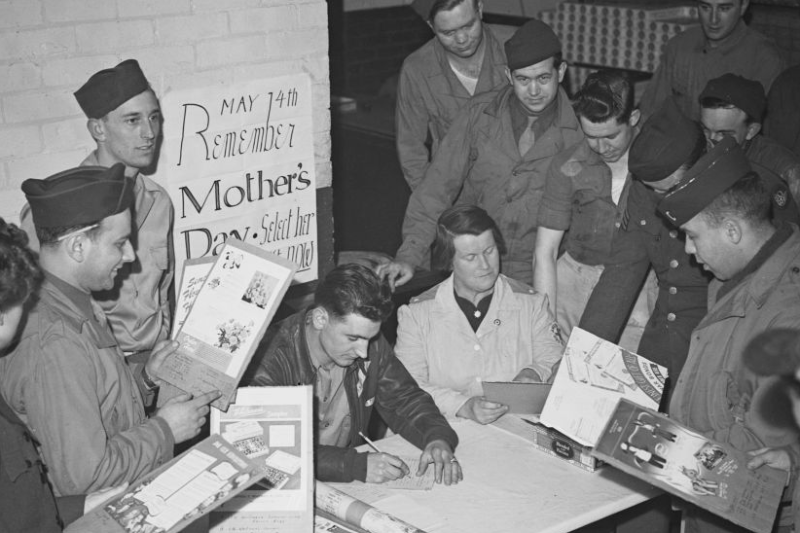
AUSTRALIA
- Kerrie Handasyde
- 03 May 2022
7 Comments
Mother’s Day was a religious event, as was the older English tradition of Mothering Sunday in which worshippers returned home to their ‘mother church’. But as this new celebration of Mother’s Day spread around the English-speaking world, it preserved in public and private ritual a particular idea of womanhood. It asserted that true womanhood was motherly.
READ MORE 
-
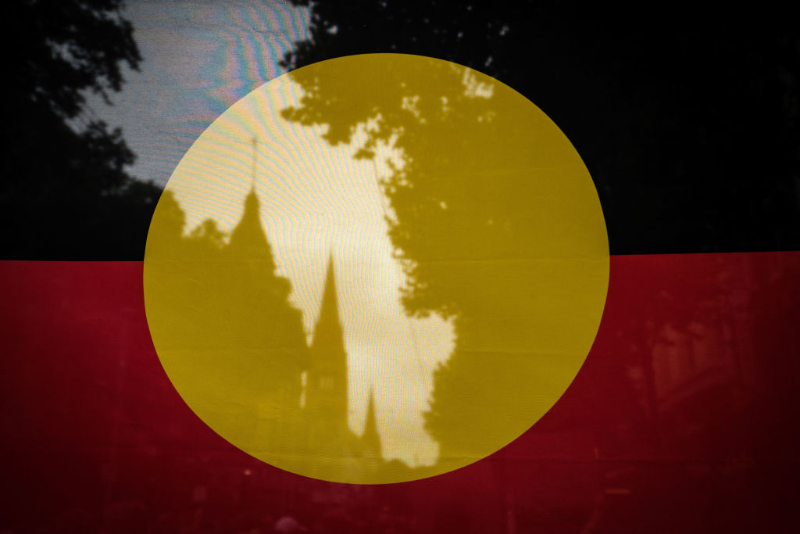
AUSTRALIA
- Dean Ashenden
- 03 May 2022
6 Comments
The danger is that unless commissions and inquiries are accompanied by other ways of telling other truths they will inadvertently help to shrink that national story into the story of victims who in fact have never been only victims, and of unmentioned perpetrators who in fact have never been only perpetrators. They risk preaching to a more-or-less converted majority and to an implacably unconverted minority.
READ MORE 
-
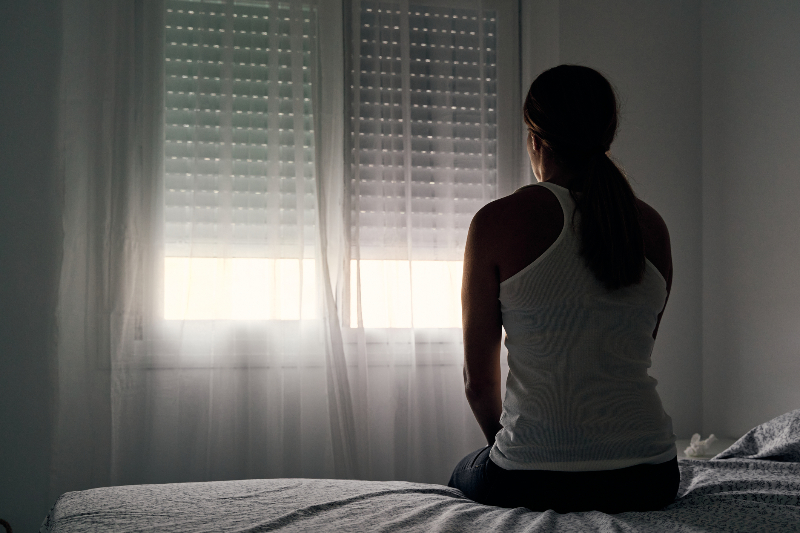
AUSTRALIA
- Ulrike Marwitz
- 27 April 2022
13 Comments
Recent research by the NSW bureau of crime and statistics and research has found that rates of intimate partner violence have remained relatively stable over the past 15 years. These rates are still alarmingly high. If we care about the welfare of those most impacted by domestic violence, predominantly women and children, we must ask ourselves: why are we failing to make headway on this issue, and what should we be doing differently?
READ MORE 
-
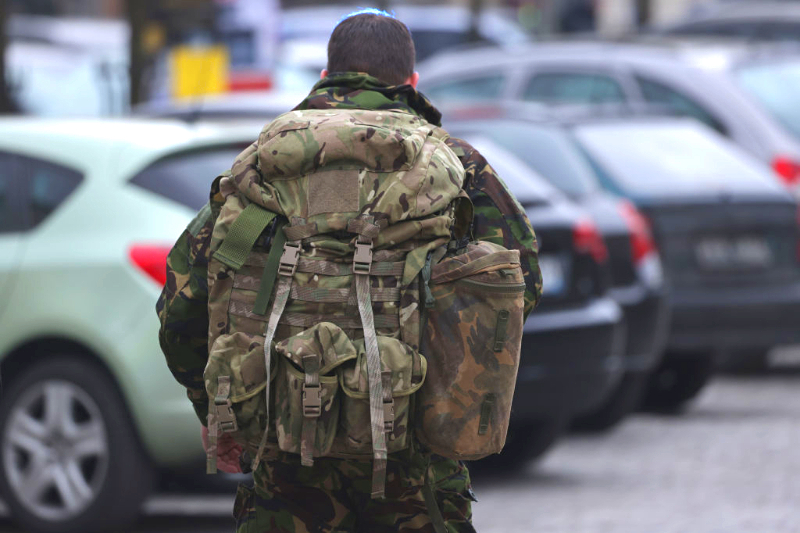
INTERNATIONAL
- Irfan Yusuf
- 12 April 2022
15 Comments
In a space of 40 years, Russia has been our enemy, then our friend and now is an enemy again. Russia is again attacking Ukraine. We are convinced the Ukrainian cause is just. But we also know that we face a domestic far-Right terrorism threat at home. What if young impressionable foreign fighters with little knowledge of Ukrainian history, politics and internal conflicts find themselves fighting with and influenced by anti-Semitic and Islamophobic neo-Nazi groups?
READ MORE 
-
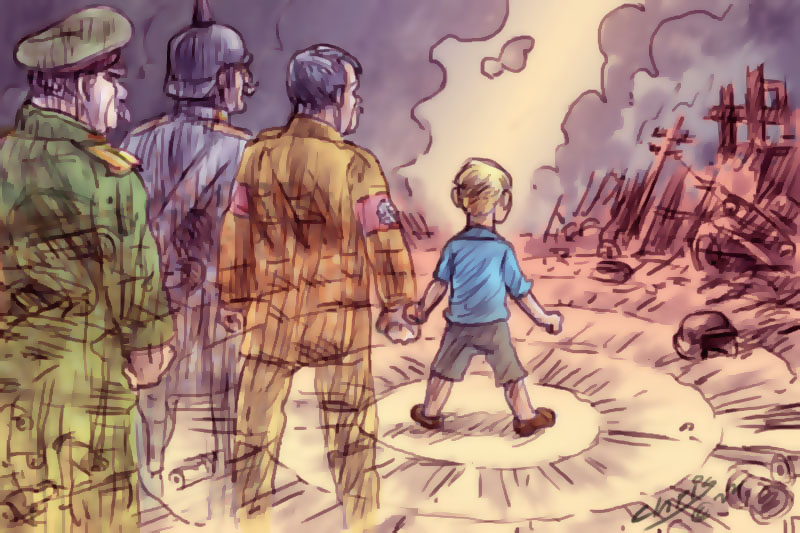
INTERNATIONAL
- Gillian Bouras
- 31 March 2022
19 Comments
People who understand more about international affairs than I do tell me that the Ukrainian/Russian matter is complex, but to me the matter seems simple enough, involving the obsessions of a powerful man, and the suffering of an innocent population. As usual, it is the women and the children who are bearing the brunt of the conflict, while President Putin remains supremely indifferent to their fate. And, as so often, I wonder what makes him tick.
READ MORE 
-
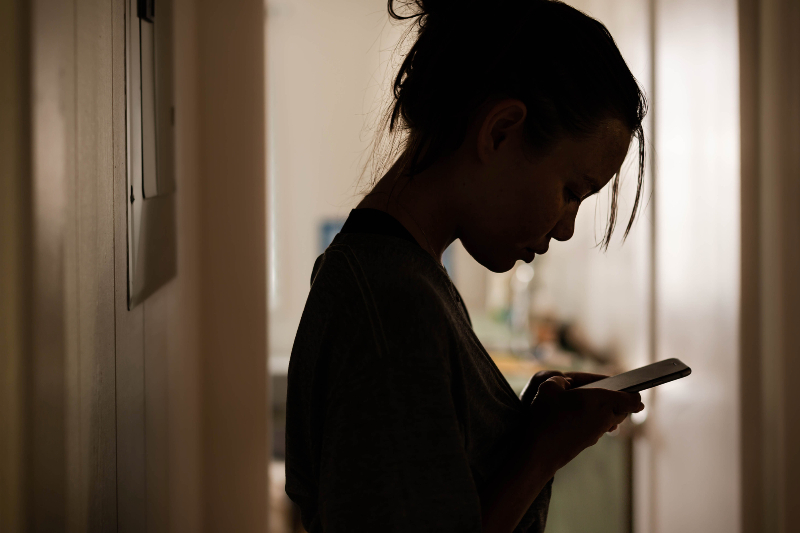
ARTS AND CULTURE
- Cherie Gilmour
- 29 March 2022
13 Comments
A house bursts into flames as it’s submerged in floodwaters. A doctor tells a cameraman filming a dying Ukrainian child to send the footage to Putin. A newspaper delves into the murder of a young woman. It’s like a fever dream: a pandemic bleeds into the edges of a global war. The news presents information, and it has no moral duty to tell us how we should feel about it or help us untangle the knot of feelings which emerge.
READ MORE 
-

RELIGION
- Andrew Hamilton
- 24 March 2022
10 Comments
Any program of church reform will have soon to ask Chernyshevsky’s question, What is to be done? It is a dangerous question — he wrote his novel from jail and spent much of his life in exile or imprisonment. Discussion of Church matters is mercifully less perilous today, but the question does invite a radical repiecing of the connections and tradition and energies that constitute Catholic life.
READ MORE 
-
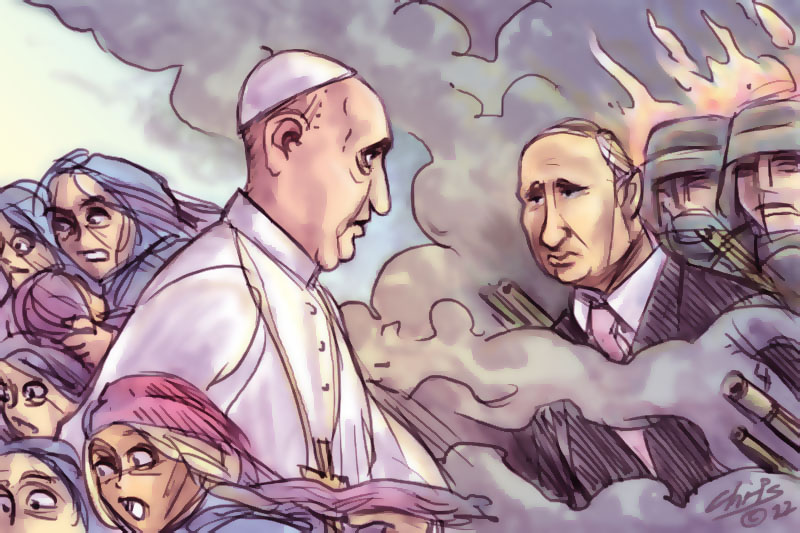
RELIGION
- Miles Pattenden
- 15 March 2022
19 Comments
Even as he sustains the papacy’s now traditional opposition to all forms of war and its emphasis on the extreme suffering war brings, especially to the innocent, Pope Francis has, in recent weeks, taken a different, more partisan approach which he and others must feel is justified.
READ MORE 